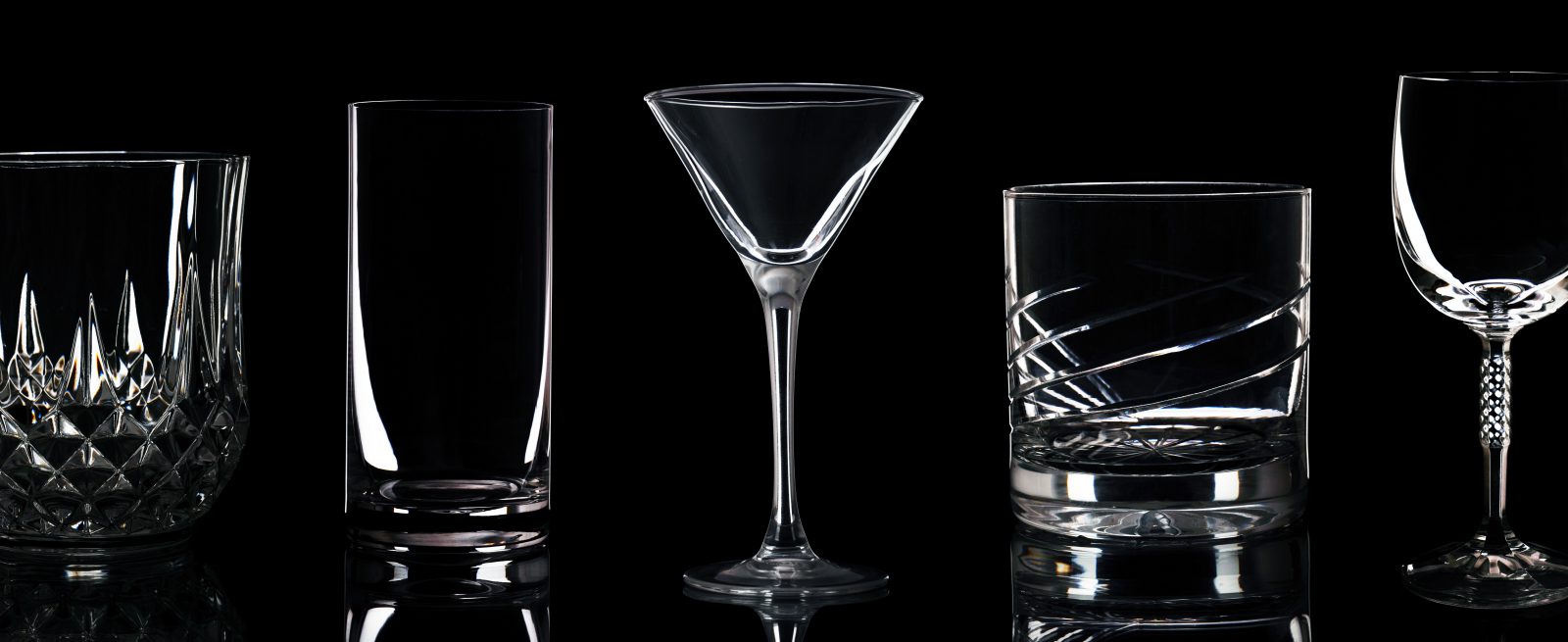MRM EXCLUSIVE: Risks and Rewards of BYOB
3 Min Read By Preston D. Hutson
“Sorry. We don’t have a liquor license yet.” Naturally, new restaurateurs hate to deliver such disappointing news to guests who ask about beer and wine. Unfortunately, however, liquor licenses tend to be extremely expensive necessitating that many new restaurateurs proceed without licenses as they build their cash reserves. An interim solution here is to go “BYOB” by encouraging customers to bring their own alcohol. Many restaurateurs see this as a way to retain the loyalty of guests who might otherwise defect to competitors where the spirits flow freely.
The BYOB approach can work well for some restaurateurs. However, it is important to pay attention to a few operational considerations and potential legal risks. Operationally, whether BYOB makes sense for your restaurant depends in large part on how your insurance company feels about the idea, because some insurers will impose hefty rate increases if guests are allowed to tote bottles onto the premises.
Compliance-wise, certain cities—Boston is one noteworthy example—ban BYOB outright. Other localities require licenses before allowing guests to bring their own alcohol. The ordinance in your area could include certain restrictions as well, such as stipulating the legal hours for public consumption or preventing guests from bringing hard liquor into the establishment. Be sure to thoroughly understand all applicable local and state requirements prior to allowing your guests to bring their own alcohol.
Adopting a BYOB policy necessarily means taking on the potential liability associated with policing your guests’ behavior.
The responsibility to prevent illegal public intoxication on premises—which certainly applies to BYOB restaurants—is an example of the more challenging responsibilities that can be associated with BYOB. In my home state of Texas, public intoxication is defined as being drunk enough to endanger yourself or others. In Texas, those who serve alcohol are actually required to take classes in which they are taught how to recognize the signs of public intoxication. You might consider making sure your employees understand these commonly agreed-upon red flags, even if they aren’t technically serving alcohol to guests who have chosen to bring their own. Nonetheless, figuring out when a guest is too drunk is rarely easy, even with training. What is the person’s alcohol-use history? How much alcohol has she consumed prior to walking in the door? Adopting a BYOB policy necessarily means taking on the potential liability associated with policing your guests’ behavior. Asking for picture IDs is imperative. Train your staff to ID anyone who consumes alcohol on premises. Maintain a zero-tolerance atmosphere with respect to underage consumption.
From a liability standpoint, the less control a BYOB restaurateur exerts over the guests’ alcohol, the better. Let’s say the guests bring in a bottle of chilled chardonnay. They ask your waiter to put the wine in the fridge and fill their glasses as needed. The safest approach is to politely decline and explain that the bottle must stay at the table. Why? Because taking control of that bottle increases your liability if things go awry. A case that went to the Oregon Supreme Court last year illustrates the principle. The defendant had thrown a party at which a man was shot and killed after drunken partygoers began playing with loaded guns. The guests purchased their own alcohol, but allowed the host to store it for them. According to the court, the host was potentially culpable because he operated some modicum of control over alcohol and had not intervened when his visibly intoxicated guests began to “play” with firearms. Obviously this case does not directly involve a BYOB restaurant per se, but similar liability issues exist as a BYOB proprietor is similarly situated to that of a social host of a private party.
Lastly, remember that “turning a blind eye” to an evolving situation is never a good idea. Upon the reasonable suspicion that a guest represents a danger to himself or others, the proprietor should make every reasonable effort to remedy the danger on behalf of both the intoxicated guest as well as the entire community. Proprietors often make the understandable, but incorrect, decision to remove the intoxicated customer onto the street and forget about him. While resolving the immediate condition within the restaurant, removing the guest does nothing to reduce the danger to the community at large. Actions that reduce the potential for harm, such as calling the police or putting someone in a cab and contacting a friend or relative to meet the person at their destination, indicate a good faith attempt to improve the situation.
This article should not be read to discourage BYOB as an overly risky move. At the core, most states adhere to the common law adage that drinkers bear the responsibility of their own conduct. The key to successfully allowing guests to BYOB is to comply with one’s common sense notions of reasonableness.


